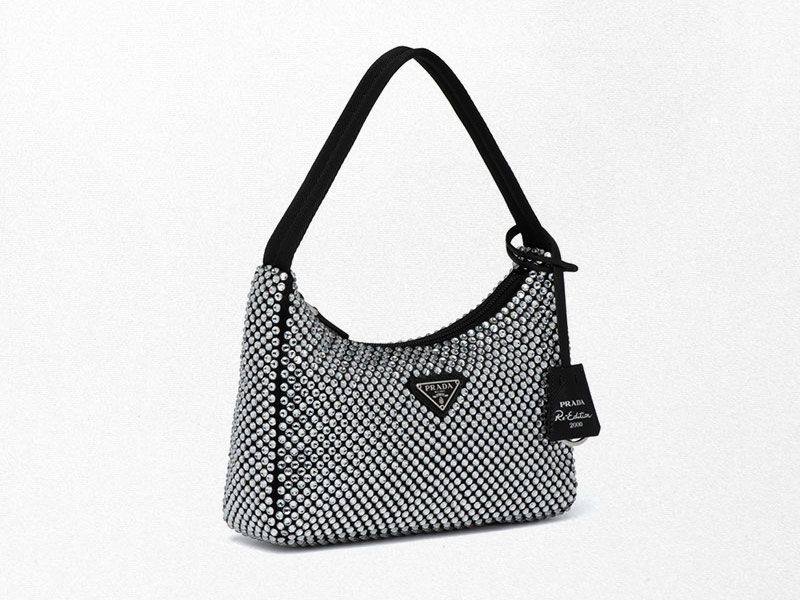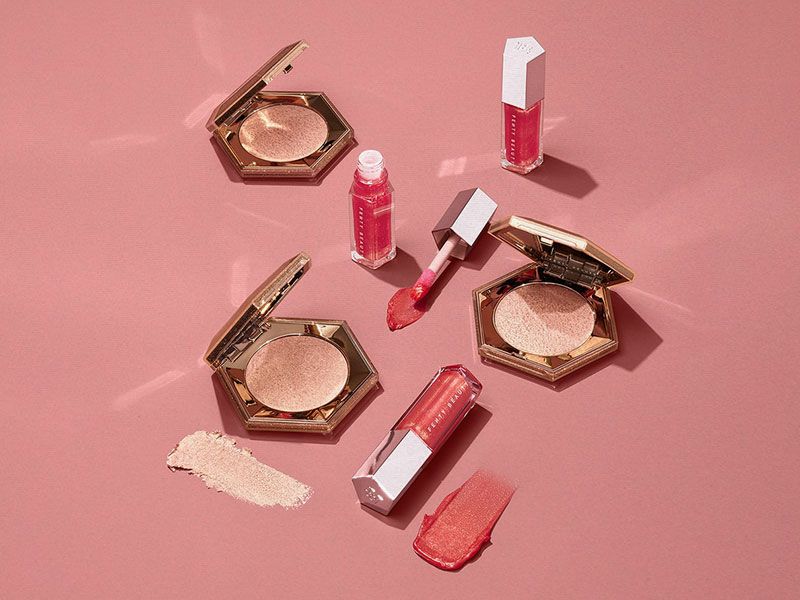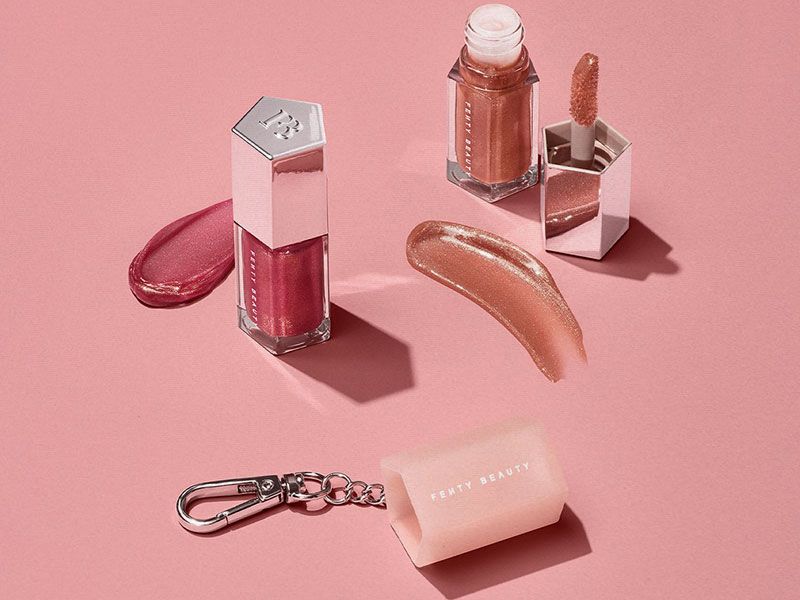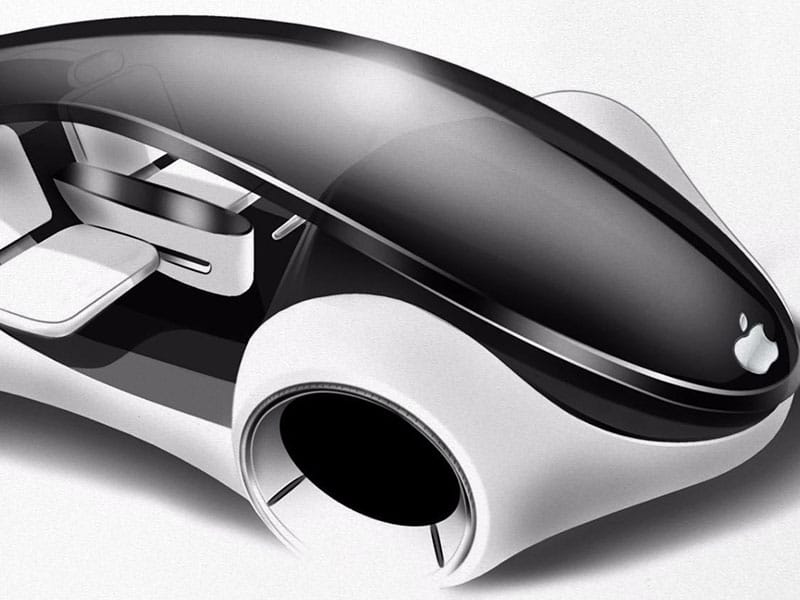Even though science and reports say they are harmful to our health, we are still addicted to harmful routines: fake nails, hair bleach, artificial tanning with UVA rays, chemical straightening…
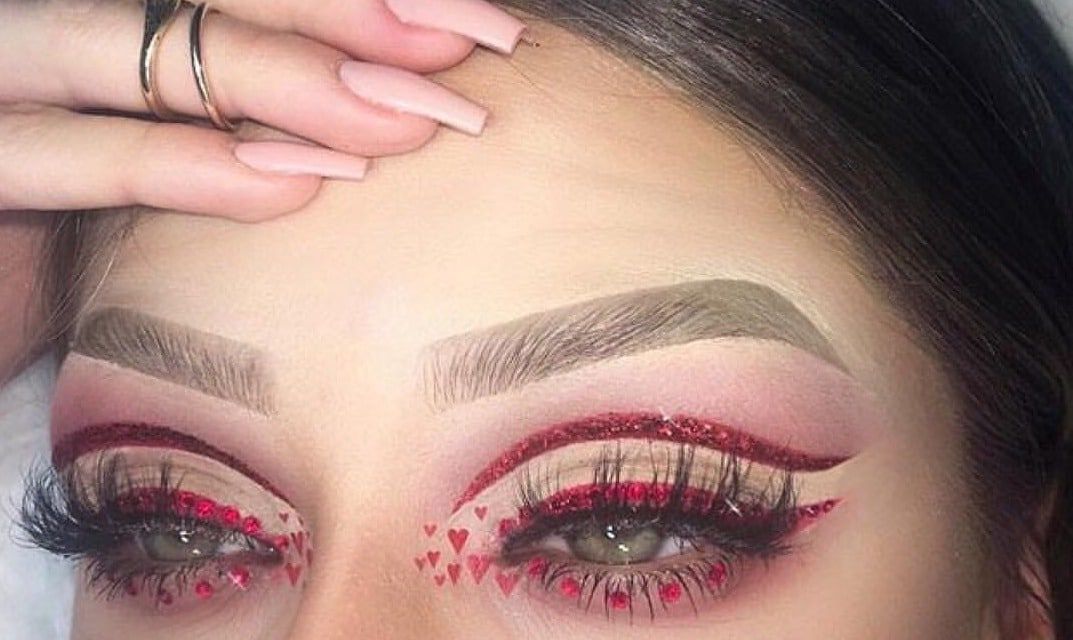
Mira Kopolovic, social scientist at Canvas8, explains how we have a “confirmation bias”, our brain unconsciously chooses the information we are interested in believing. We are predisposed to remember it more if it matches our beliefs.
For example, this is the case with parabens. No one really knows what they are but we have assimilated that they are bad. None of us have stopped to look for it, we just notice that the label on the shampoo says “Paraben and silicone free” and that’s it. However, parabens are preservatives that ensure we are protected from contamination by microbes such as bacteria, molds and yeasts.
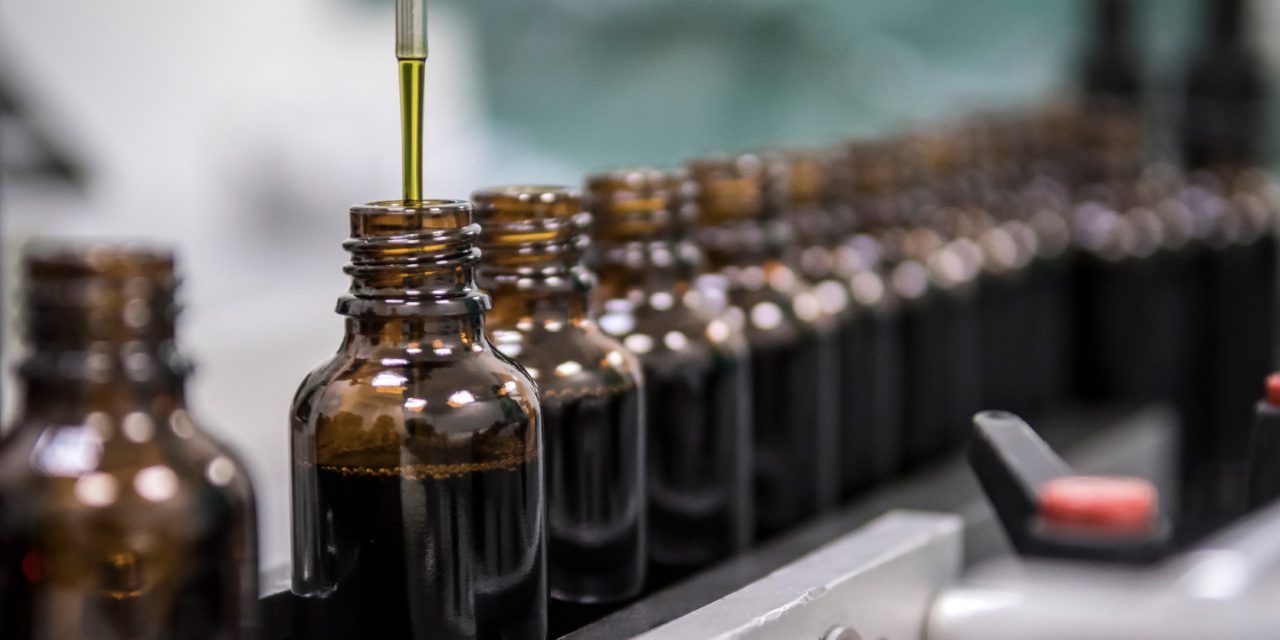
This whole issue is based on a study published in 2004 where it was reported that parabens were linked to breast cancer. These findings were widely discredited by experts in 2005 and again in 2011, and yet the industry adopted the message that parabens are bad, demonizing them to the public.
“Beyond that, we rationalize the things we feel compelled to do,” Kopolovic continued, “If we can’t be ourselves without some bleach-laden treatment we’re more likely to interpret it positively. It’s a psychological defense mechanism – one that makes us feel good so that we can stop worrying and get on with our lives.
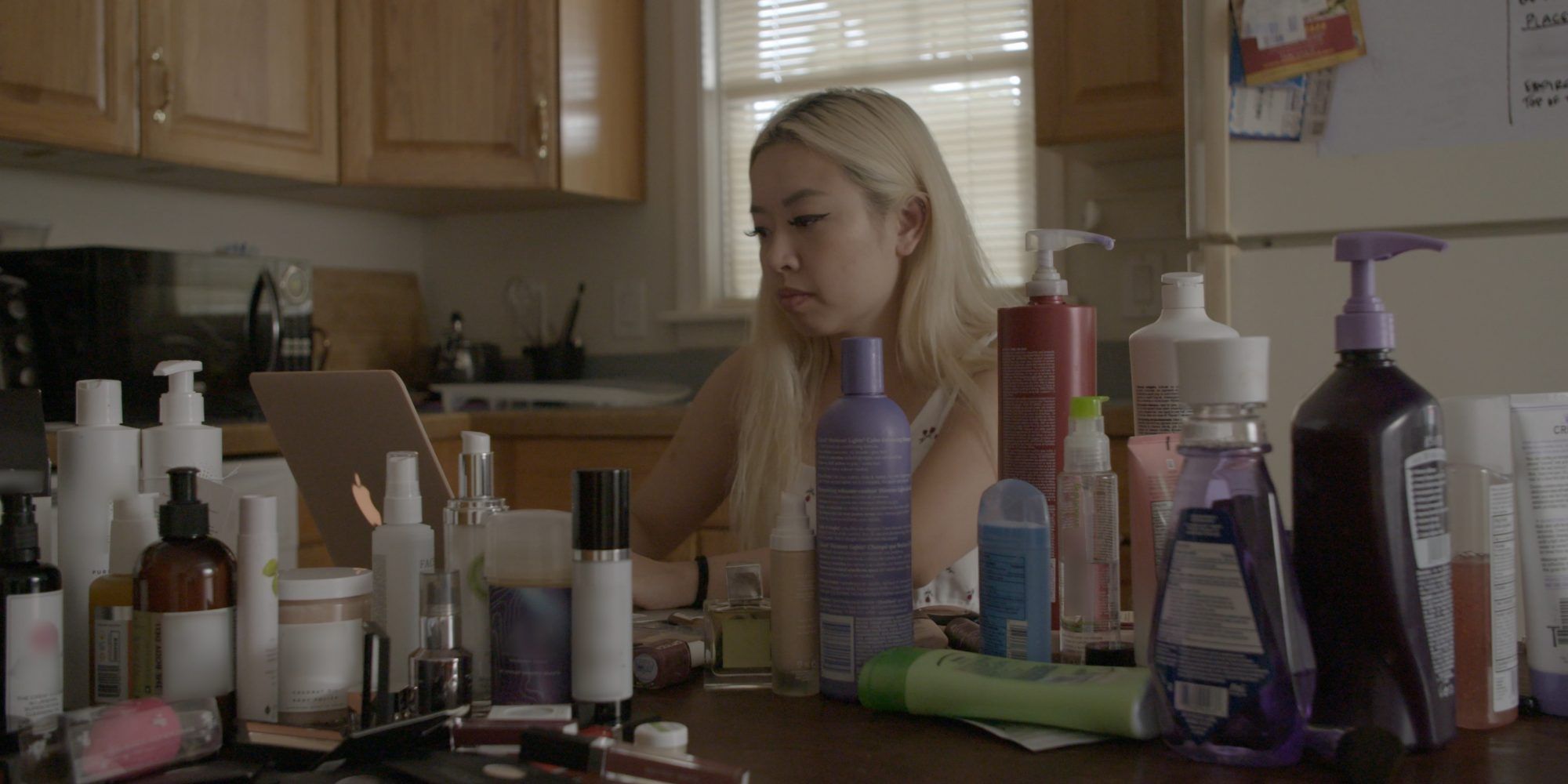
An article published in The Guardian revealed that hair care products and cosmetics marketed to black women are more harmful because of the endocrine chemicals that alter the hormones in them, compared to products aimed at white women. For example, chemical hair straightening , which is a particularly common treatment among black women, but because of the harsh chemicals used, there is a risk that the hair will dry out, become brittle, and prone to breakage.
The television production company Zina Alfa filed a petition to ban hair discrimination in the United Kingdom, considering that the historical use of chemical straightening is partly due to hair discrimination. “When slavery came to the West, most people shaved their hair as a way of eradicating the cultural identity of slaves as a form of assimilation. This has transcended everyday culture. Also she goes on to say that “as a community, we have chemically normalized hair straightening to the point where we see that having straight hair is a symbol of high class, beauty and success.
But it’s not just chemical straighteners that are dangerous to our health, bleaching products and acrylic gel nails are not far behind. The short-term satisfaction of having aesthetically beautiful nails or being able to change the colour of our hair every month matters more to us than the long-term damage we’re doing to ourselves. Worst of all, though, we’ll probably regret it later.
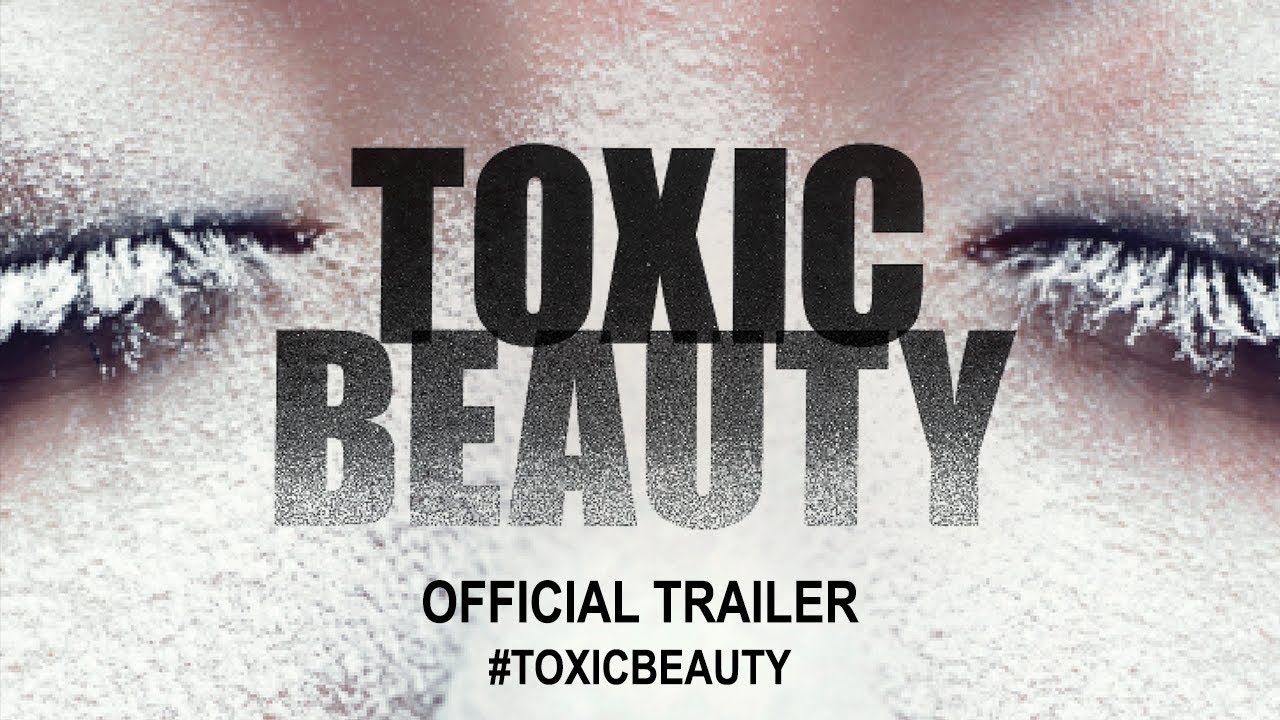
Toxic Beauty, a documentary from 2019, explores the issues related to this problem. It is a deep dive into the lack of regulations on chemical components in beauty products. As it uncovers the various medical problems such as mercury poisoning and breast cancer linked to ingredients such as phthalates, the documentary also reveals the contrived nature of these. Profit takes precedence over transparency, i.e. how little we know about what is in our products and the long-term effects.
One finding of the documentary was that lavender oil can cause hormonal disorders in children, even though it is marketed to the masses as beneficial. But what is most striking is the fact that cosmetic legislation has not been updated for decades.
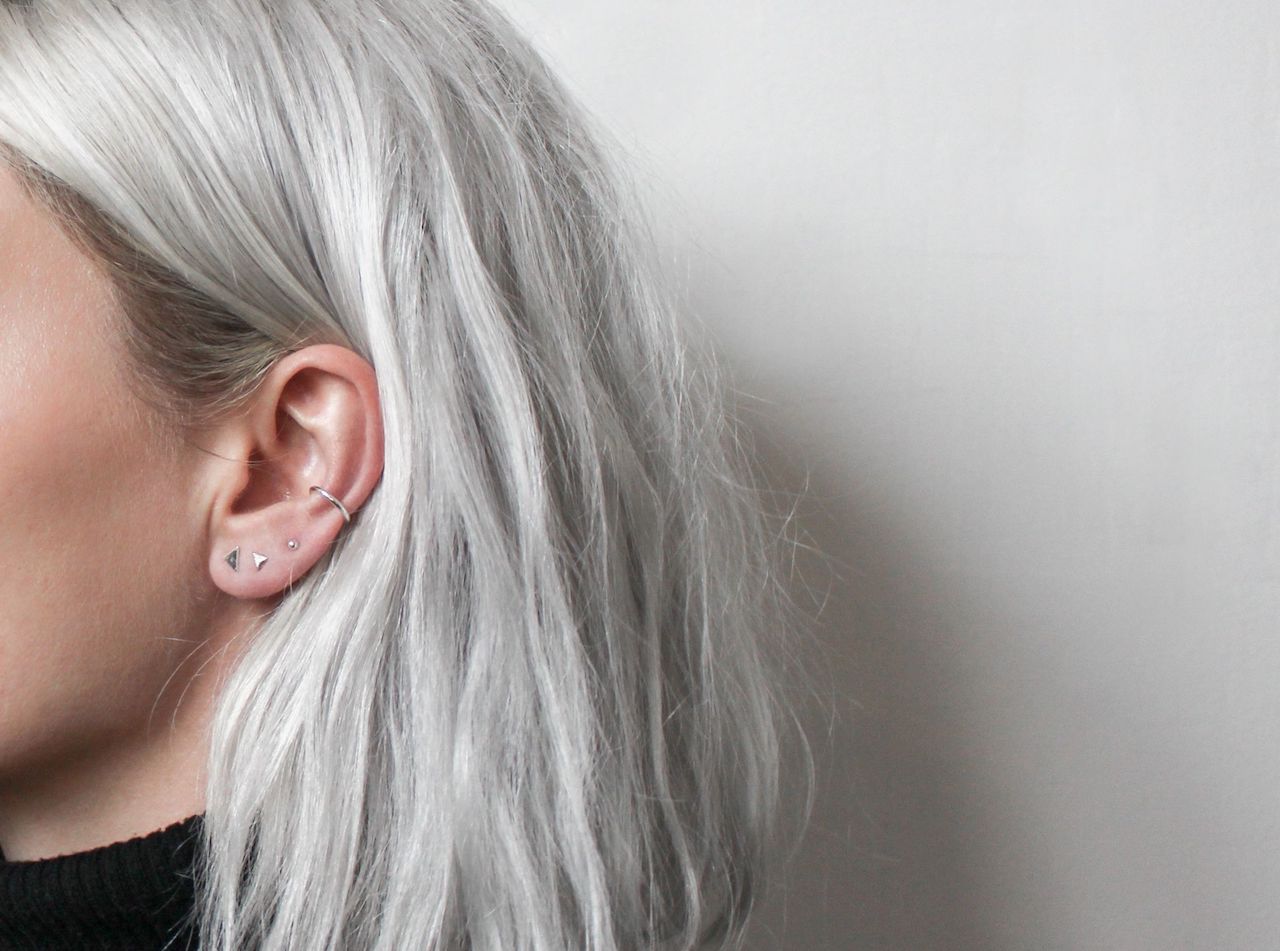
In addition, public awareness of the products is slow to change. This derives from the media’s narrative, which gives priority to information from sensationalist studies because of its shock value. It is then less interesting for the general public, in the case of parabens and their relationship with breast cancer, to learn a year later that they are actually safe. Contradictory reports about parabens, no matter how outdated some of them are, are not information that consumers are willing to read, especially since medical journals are not aimed at the general public.
Consumerism is a toxic game; society is so focused on buying and blindly using the products on the market that we don’t think about educating ourselves and reading the labels. We should read what we are buying, just as we read the labels on food products in the supermarket.
Sigue toda la información de HIGHXTAR desde Facebook, Twitter o Instagram

